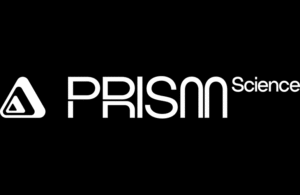 PRISM.science, a biomedical database company, has launched a new product called AE Alert. The adverse event detection product provides comprehensive global literature surveillance to monitor adverse events related to prescription drugs. This product is designed to address the limitations of conventional pharmacovigilance literature surveillance by aggregating content in real-time. The company says AE Alert has an intuitive interface, offering powerful analytics and email alerts. AE Alert monitors more than 40,000 biomedical journals, 20,000 biomedical meetings and 700,000 clinicaltrials.gov records with safety data every year. In addition to Pubmed coverage, the product draws from more than 30,000 medical meetings and journals that are not included in Pubmed. This includes non-English content.
PRISM.science, a biomedical database company, has launched a new product called AE Alert. The adverse event detection product provides comprehensive global literature surveillance to monitor adverse events related to prescription drugs. This product is designed to address the limitations of conventional pharmacovigilance literature surveillance by aggregating content in real-time. The company says AE Alert has an intuitive interface, offering powerful analytics and email alerts. AE Alert monitors more than 40,000 biomedical journals, 20,000 biomedical meetings and 700,000 clinicaltrials.gov records with safety data every year. In addition to Pubmed coverage, the product draws from more than 30,000 medical meetings and journals that are not included in Pubmed. This includes non-English content.
AE Alert provides real-time extraction of information. The system populates the title, publication date, and abstract with a link to the source, including full-text journals, authors and affiliations, drugs, adverse events normalized to MedDRA Preferred Terms (PTs) to minimize noise and ensure relevant content, study type, identification of industry authors and identification of whether adverse events are on the U.S. or EMA label.
Its database includes non-English content from 30 global sources. It is translated and indexed. The product extracts adverse events and drugs using AI and natural language processing to ensure that users receive relevant content.
AE Alert provides advanced analytics with graphical analysis to identify insights and trends, including share of adverse events for a given drug. It also provides share of adverse events by organ class, share of information by journal versus scientific meeting. Additionally, it offers a listing of top journals and top scientific meetings.
The product also provides real-time content aggregation, advanced analytics and a simple online interface. AE Alert uses technology and algorithms to expand the volume and diversity of sources while accelerating the review process, allowing pharmaceutical companies to swiftly coordinate with regulatory authorities, modify label information and alert healthcare professionals about product updates.